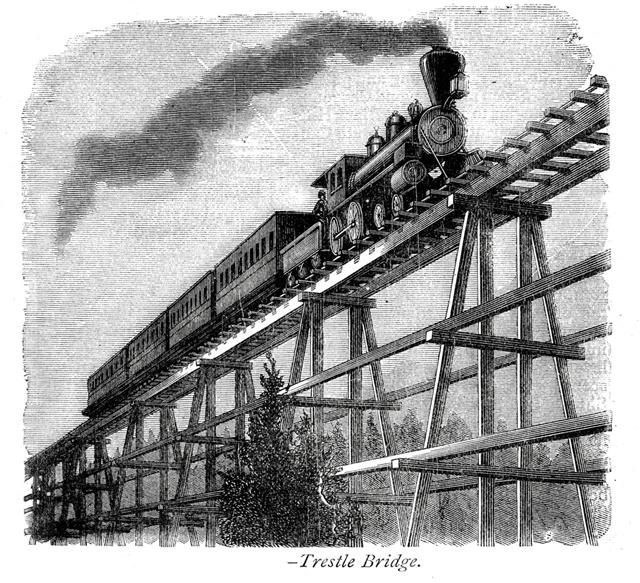
The American Revolution and American War of Independence played an important role in the formation, of what we see today as, the United States of America. Read ahead for a summary of the American Revolution.
The American Revolution was the struggle of thirteen American colonies against Great Britain. The term American Revolution also includes the American War of Independence, and resulted in the formation of the United States of America.
Causes of the American Revolution
- The Stamp Act: The Stamp Act, which was passed in 1765, was Parliament’s first serious attempt to assert governmental authority over the thirteen American colonies. It was an act for granting and applying certain stamp duties, in the British occupied American colonies. The main purpose of these taxes was to help Britain pay for the troops stationed in North America, for British victory in the Seven Year’s War. Not only the British colonies in America, but even the British merchants and manufacturers opposed the act, as the exports to the colonies were threatened by colonial economic problems exacerbated by the tax.
- The Townshend Acts: They were a series of acts passed in January 1767, by the British Parliament. These acts primarily included the Revenue Act of 1767, the Commissioners of Customs Act, the Vice Admiralty Court Act, the Indemnity Act, and the New York Restraining Act. The sole purpose of this act was to raise revenue in American colonies and to establish the precedent that the British Parliament had the right to tax them. The Townshend Acts met with a huge resistance from the colonies, thus prompting the occupation of Boston, by British troops in 1768.
- The Tea Act and the Boston Tea Party: The Boston Tea Party was one of the key events which led to the growth of American Revolution. It was an outcome of the Tea Act imposed by British Parliament to restore the East India Company’s full refund on the 25% duty imposed for importing tea into Britain. It also permitted the company to export tea to the American colonies on its own account and led to a number of protests from the colonies. On December 16, 1773, a group of colonists boarded the three shiploads of taxed tea in Boston and destroyed the tea by throwing it into Boston Harbor. The event became famously known as the Boston Tea Party.
- Other Causes: There were various other acts which prompted the people in British American colonies to revolt against the British Parliament. Amongst these were the Sugar Act, the Quebec Act, and the Boston Port Bill. According to the Boston Port Bill, Boston Harbor was closed to all ships till Bostonians repaid the British East India Company, for damages caused in the Boston Tea Party.
Course of the Revolution
In 1772, Samuel Adams created the first Committee of Correspondence and within a year the committee led to dozens of similar discussion groups throughout the colonies. These isolated groups also came together to facilitate the exchange of ideas, provide invaluable information, and organize colonial voices of opposition. In 1774, The Continental Congress was formed after the Boston Tea Party and Intolerable Acts. By 1775, colonial resentment in many cities and towns caused the organization of volunteer militias, who began to drill openly in public common areas. On April 19, 1775, a British commander dispatched troops to seize an arsenal of colonial militia weapons stored in Concord.
The British arrived in Concord only to be ambushed by the Concord militia in the battle, famously known as the War of Lexington and Concord. It was a success for Americans as more than 270 were killed from the British troops, compared to approximately 100 Americans. In June 1775, the Battle of Bunker Hill was fought outside Boston, in which the British ultimately emerged victorious. However, they suffered over 1,000 casualties, prompting British officials to take the colonial unrest far more seriously than they had previously.
Aftermath of the Revolution
Thomas Jefferson, Benjamin Franklin, and John Adams were some of the people who played an important role in the American Revolution. The revolution was followed by the Revolutionary War, an assemblage of many events like the Battle of Saratoga (1777), France and United States formed the Franco-American Alliance (1778), entrance of Spain in the war against Britain (1779), and the Peace of Paris signed to end war (1783). Ending the U.S. War of Independence, the Treaty of Paris was signed in 1783. However, Independence Day in the U.S. is celebrated on Fourth of July, the date on which America was declared independent in 1776 .
The revolution had a strong impact on the thirteen colonies of America, Great Britain, Ireland, and France. It influenced the liberal thought flow throughout the American colonies. The last of the British troops departed from New York in November 1783, leaving the nation independent and to be ruled by its own government.



